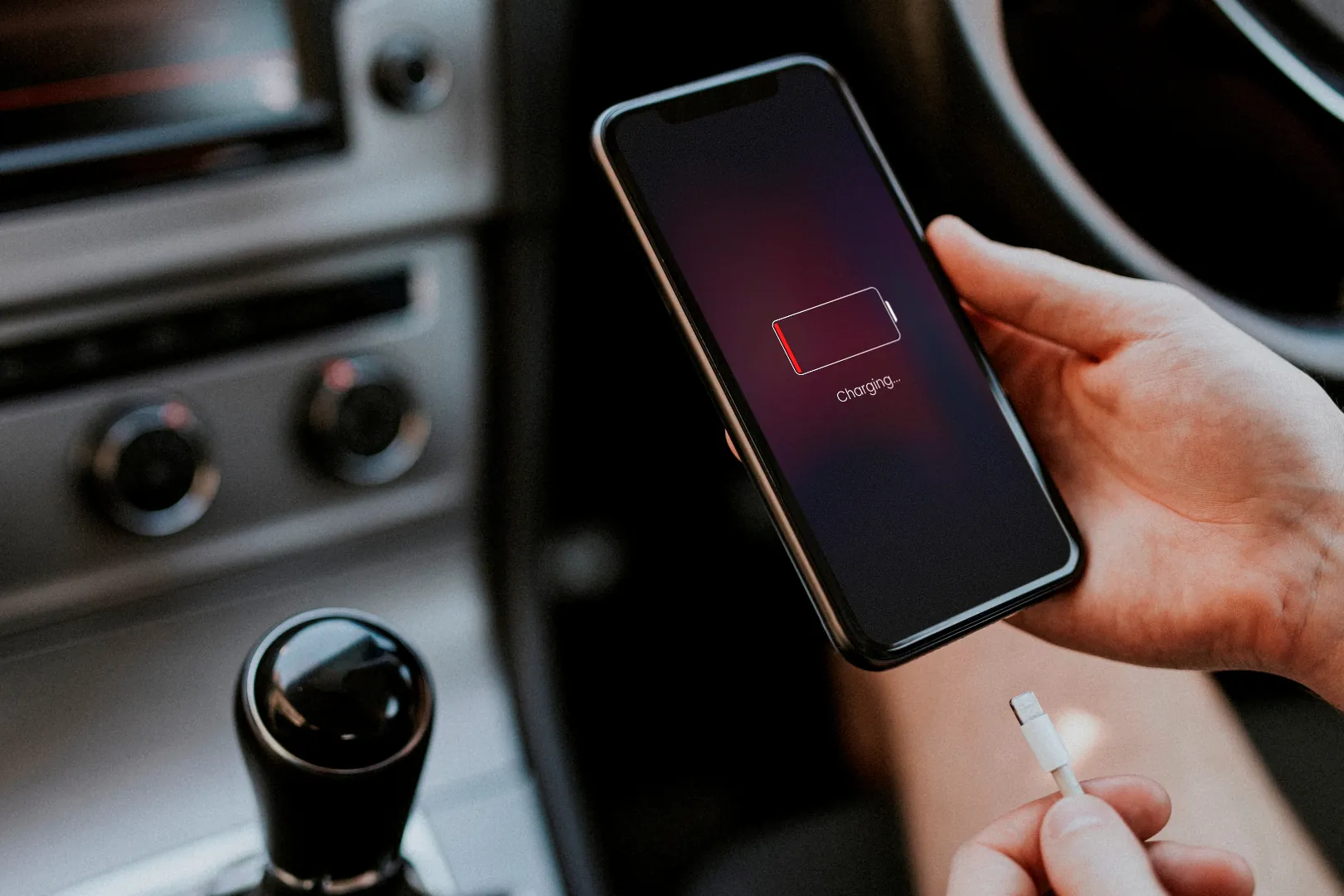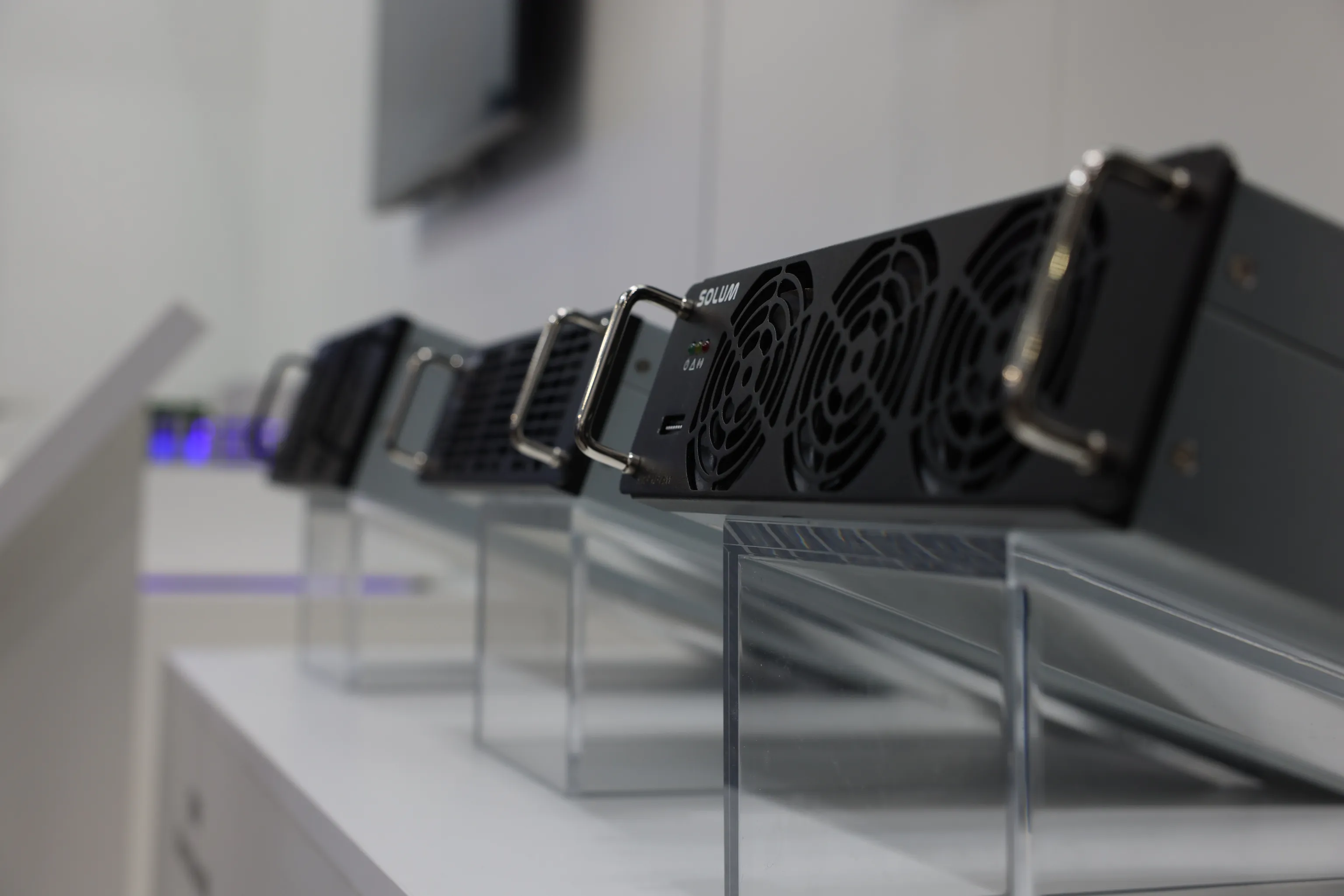What is Battery Management System?
Lithium-ion batteries are known to have a lot of advantages over other rechargeable batteries. From their efficiency to the weight, durability, lifespan, and charging speed, lithium-ion batteries perform much better. Because of this, it’s mostly used in a lot of consumer electronics, electric vehicles, portable power tools, wearable technology, and more. However, it’s also known to be prone to battery pack damage. To avoid this, the answer lies in a BMS, or battery management system.
What is Battery Management System (BMS)?
Battery Management System, or simply BMS, is any electronic system or technology dedicated to overseeing or managing the energy in a battery pack. In other words, it’s known to be the brain of a battery pack.
Some of the functionalities of a BMS include:
Monitoring the state of the battery
Providing the necessary protection for the battery
Control the recharging of the battery
Estimating and monitoring the battery’s operational state
Optimizing battery performance
Calculating and reporting secondary data
Reporting operational status to other external devices
A battery management system (BMS) can be used in electric vehicles (EVs), energy storage systems (ESS), and electronic devices such as smartphones, laptops, tablets, and power banks. It can also be found in medical devices, aerospace and aviation systems, machine vessels and underwater systems, renewable energy systems, and uninterruptible power supplies. A BMS is a crucial component in these devices and systems to help manage and optimize rechargeable batteries and energies.
How does a battery management system work?
Essentially, a battery management system monitors the individual cells in one battery pack. After that, it calculates how much current can safely go in (charge) and come out (discharge) without damaging the battery and the device.
BMS has current limits in place to prevent the source and the load from overdrawing or overcharging the battery. It also monitors the remaining charge to ensure that the battery shuts down when it is drained. BMS does this by tracking the energy that enters and exits the battery pack. As a result, all of these processes help increase the battery’s overall longevity.
Simply put, a BMS is placed in devices and systems to protect their batteries and prevent them from going outside their operating area or capacity. Here are a few of the BMS’ protection uses:
Prevents overcharging
Prevents over-discharging
Prevents over-current during charging
Prevents over-current during discharging
Prevents over-temperature
Prevents under-temperature
Prevents over-pressure (for NiMH or nickel metal hydride batteries)
Prevents ground fault or leakage current detection (system monitoring that the high voltage battery is electrically disconnected from any conductive object touchable to use like a vehicle body)
Prevents cell voltages from getting too high or low
Prevents over-voltage during charging (especially important for lead–acid, Li-ion and LiFePO4 cells)
Under-voltage during discharging (especially important for Li-ion and LiFePO4 cells)
Monitors temperature and controls cooling fans
Actively controls the environment of the battery
Utilizes an internal switch to help the battery when itc operates outside its safe operating area
Communicates to the device or the system to reduce or stop using the battery when needed
Utilizes a precharge system for a safe way to connect the battery to different loads and eliminate the excessive inrush currents to load capacitors
Balances the cells, such as shuffling energy from the most charged cells to the least charged cells
What are the types of BMS?
Battery management systems ensure the safe and efficient operation of rechargeable batteries. Each BMS is complex and varies in application, but their main goal remains the same. Here are the types of BMS:
Centralized BMS - This type is commonly used in larger battery systems, such as those installed in electric vehicles (EVs) or particular energy storage systems (ESS). Centralized BMS is more compact, and tends to be the most economical. It has a central control unit that communicates with multiple battery modules or cells, and collects data from each module. This central control unit also performs advanced monitoring, protection, and balancing functions for the BMS.
Distributed BMS - This is a type of battery management system in which intelligence is distributed across the battery system. Each battery module or cell in this BMS has its own monitoring and control unit, which then communicates with neighboring modules. Distributed BMS also offers redundancy and fault tolerance. This means the system can continue to operate even if one of the modules fails.
Standalone BMS - This is perhaps the most common and most basic type of BMS. It operates independently and is typically used in smaller battery systems. Standalone BMS monitors the battery's voltage, current, temperature, as well as other parameters. At a glance, it provides basic protection and balancing functions for the battery.
Modular BMS Topology - Modular BMS Topology is quite similar to the Centralized BMS. However, the duplicated modularity allows for easier troubleshooting and maintenance, as well as straightforward extension to larger battery packs.
Active Balancing BMS - Balancing is an important function of battery management systems, and this is the main role of this BMS type. Active Balancing BMS employs additional circuitry to redistribute the energy between cells. This allows for efficient balancing and maximizing the overall capacity of the battery pack.
Passive Balancing BMS - Passive Balancing BMS, on the other hand, relies on resistors or other passive components to equalize voltage across cells, unlike Active Balancing BMS which has additional circuitry. This type of BMS is simpler and less expensive, but may be less efficient at times.
What are the benefits of BMS and why is it important?
A battery management system is vital. Not only does it bring significant advantages to rechargeable batteries, but it is also the key to necessary measures and protocols to keep devices and systems secure and effective in the long run.
Of course, a BMS strengthens the safety and security of a rechargeable battery. It monitors the battery's voltage, current, and even temperature. It also detects and prevents potential safety hazards such as overcharging or overheating. There are always reports of exploding phones in the news. However, BMS can protect the user and their environment.
BMS also improves battery lifespan and reliability. Since it keeps the battery within its safe operating area and optimal capacity, the battery doesn’t degrade easily over time. It keeps it stable and sustainable for long periods of time.
A battery management system in place also ensures efficient battery performance every time. This is because of its balancing functions, which help in ensuring individual cells or modules within a battery pack are charged and discharged evenly. Optimal battery capacity can be expected with BMS.
It also helps provide users with real-time monitoring, diagnostics, and data collection. This is because BMS’ oversight functions include continuous monitoring of all battery cells. It can provide all the useful and necessary information one would need about the battery's performance. Details like the remaining capacity, charging time, and health status can be determined by the BMS. This is even more important when it comes to smartphones and other handheld devices, so the user can decide when to charge the device, when to stop, or even when to replace the battery.
BMS also helps users save money. With a battery management system in place, devices and systems are safer and more efficient. This can lead to better management of resources, lower maintenance costs, the avoidance of unnecessary replacements, the prevention of accidents or hazards, and more.
Lastly, a battery management system can also have a positive impact on the environment. This is because BMS keeps batteries, devices, tools, and systems healthy and optimal. It reduces overall energy consumption and improves the sustainability of these things.
BMS gives all the flexibility, control, and efficiency one would need with a rechargeable battery. The world, without a doubt, is a much better place with BMS being implemented in various devices and systems.
What SOLUM products have BMS?
SOLUM Energy boasts a proprietary Battery Management System designed to optimize and enhance the performance and lifespan of these batteries. Apart from that, this intelligent BMS is also integrated into SOLUM Lighting products to ensure that the lighting technology operates within safe parameters and excellent efficiency. Here are two SOLUM products that have their own battery management systems:
Smart Street Lights
SOLUM Smart Street Lights blends cutting-edge technology and sustainability. It offers maximum compatibility, easy installation, and a wide range of features and integrations for modern cities. Here are some of its features as a modern lighting solution for cities:
High Efficiency Lighting
Wide Wattage Variants
Seamless Compatibility
Intelligent Fault Detection
Efficient Multi-broadcasting
Uninterrupted Operation
Enhanced Sensor Integration
Latest Communication Protocol
Centralized System Management
Proprietary Battery Management System
Solar Street Lights
SOLUM Solar Street Lights is a cost-effective and eco-friendly lighting solution for cities and outdoor establishments. This innovative solution relies on sunlight for both powerful lighting and significant economic benefits. Here are some of its features as a powerful, sustainable solution for cities:
Automatic On/Off
Programmable Time Dimming
Intelligent Power Control
Premium Quality Components
Advanced MPPT Technology
Intelligent Battery Management System
Customizable LID Applied Lens
IP65-Rated Enclosure
Easy Installation and Maintenance
Reduced Carbon Footprint
A battery management system can impact a lot of energy storage systems, products, and rechargeable batteries. Choose systems with BMS to make sure that you or your family are safe and secure.











